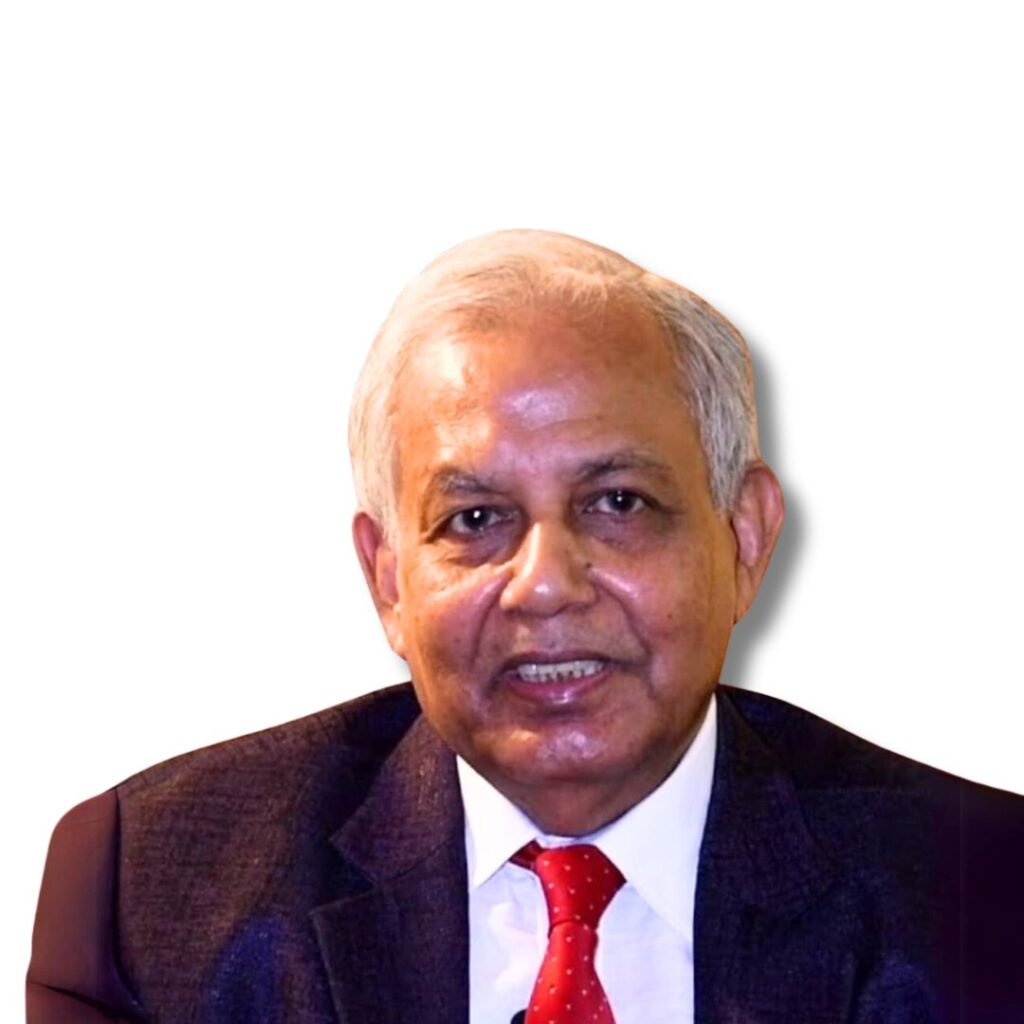
Dr. Md. Kamruzzaman is a distinguished Professor at the Institute of Bangladesh Studies, University of Rajshahi, with expertise in climate change modeling, agricultural adaptation, sustainable sericulture, and public health. He holds a B.Sc. and M.Sc. in Statistics from the University of Rajshahi, where he achieved first-class honors, and earned his Ph.D. in Climate Modeling and Drought Risk Assessment. He completed a postdoctoral fellowship at Seoul National University, South Korea, focusing on big data analytics and machine learning. Dr. Kamruzzaman has also served as a visiting academic at the University of Southern Queensland, Australia.
Throughout his career, he has led multiple national and international research projects, particularly in the areas of climate change, agricultural practices, and socio-environmental studies. His scholarly contributions include over 70 research papers published in esteemed journals, as well as numerous book chapters and conference presentations. Dr. Kamruzzaman is also an active supervisor, guiding Ph.D. and M.Phil. students, and has played significant roles in academic committees and editorial boards.
Additionally, he has been involved in capacity-building initiatives, such as the Bangladesh Youth Leadership Training Program and has held leadership roles in various academic and professional organizations. His work spans across multiple disciplines, contributing to the fields of environmental science, public health, and statistical research. He is passionate about fostering the next generation of researchers and has visited countries like Australia, Thailand, Singapore, and South Korea for academic collaborations.
Title of Talk: Evaluating Diplomatic Strategies of Bangladesh in Securing International Climate Finance
Abstract:
Background: Climate diplomacy is recognized as a vital tool for securing funds from global financial mechanisms and donor countries. As one of the most climate-vulnerable nations in the world, Bangladesh faces significant domestic financial shortages in meeting its adaptation and mitigation goals. To address this, Bangladesh has actively sought international climate finance by employing various diplomatic strategies.
Literature Review and Gap: Existing literature focuses on the general importance of climate diplomacy in the context of global climate negotiations but does not incorporate a detailed analysis of Bangladesh’s specific diplomatic strategies and their effectiveness in securing climate finance.
Methods and Materials: This study employs a qualitative approach, utilizing content analysis of existing secondary literature. It reviews and analyzes policy documents, financial databases, academic papers, and newspaper articles related to Bangladesh’s climate diplomacy and climate finance.
Findings: The results of the study reveal that while Bangladesh’s active climate diplomacy has established it as a climate leader, the current diplomatic strategies still fall short in securing the necessary climate finance from the global arena. Therefore, Bangladesh may need to refine its diplomatic strategies, focusing on building stronger partnerships, advocating for equitable financing mechanisms, and emphasizing its unique challenges in international forums.
Conclusion: By doing so, Bangladesh can better position itself to meet its climate adaptation and mitigation needs and serve as a model for other vulnerable nations in their climate finance pursuits.
Keywords: Climate Diplomacy, Diplomatic Strategies, International Climate Finance, Bangladesh



